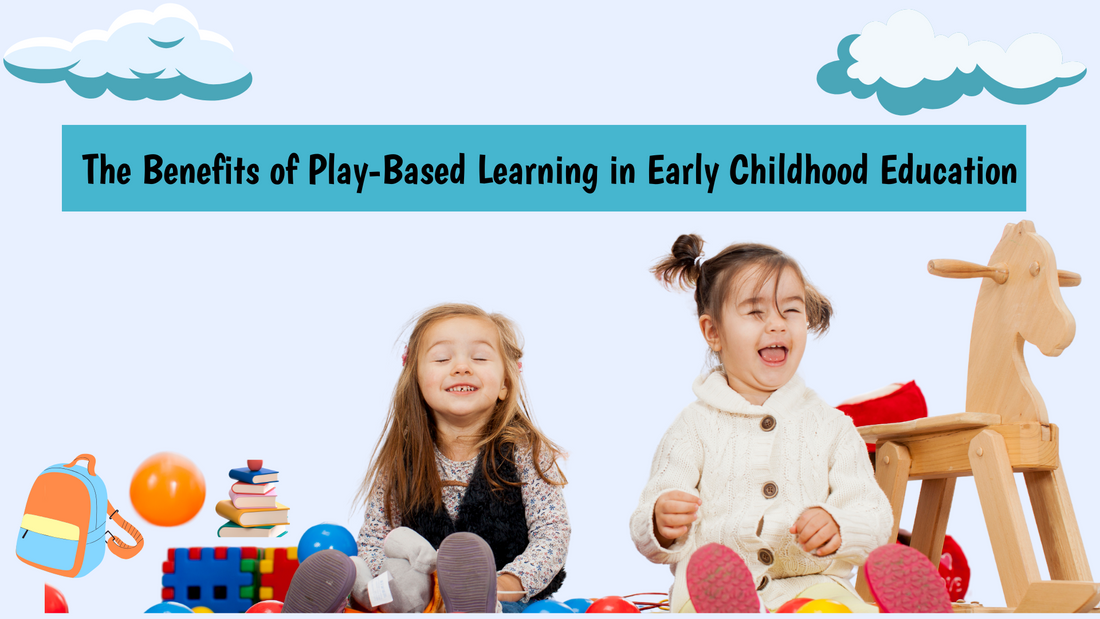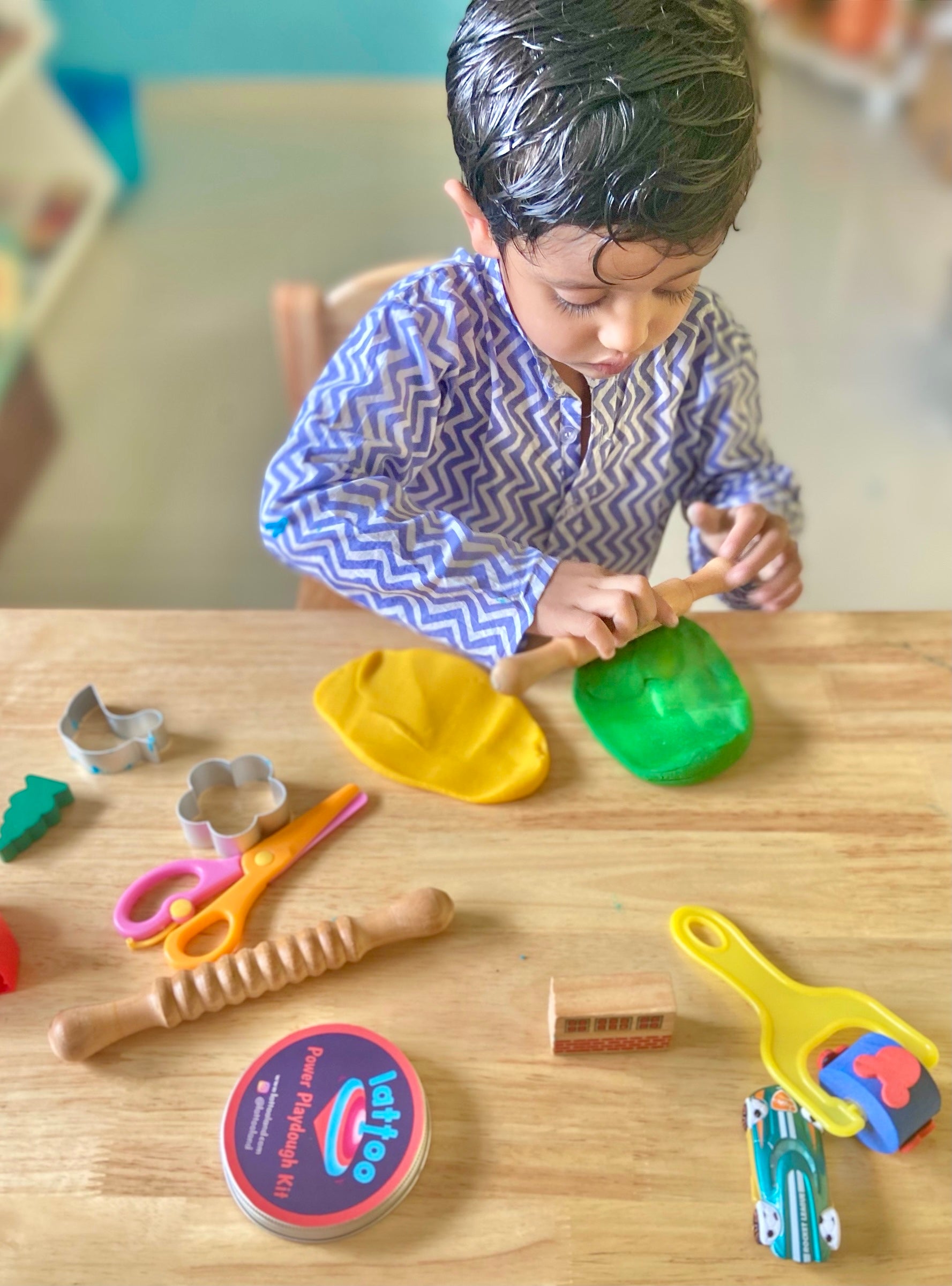The Benefits of Play-Based Learning in Early Childhood Education
You want your child to have the best start when it comes to beginning their school journey. You see them learn every day, but did you know you can make them learn through play as well? Play-based learning is not just fun, it is a proven way to make sure your child is picking the right skill at the right age.
Let’s look at why play-based learning is essential and beneficial for your child.
What is Play-Based Learning?
Play-based learning is a method where play is used to help children learn new things. Simple games and activities are used here to make your child learn valuable lessons. This method also helps your child’s curiosity grow and this in turn helps their development. This approach lets kids explore, create, and learn at their own speed through guided and free play.
For example, when your child stacks blocks and builds a tower, they are learning about shapes, problem-solving, and early math concepts. This learning method is not strict and helps your little one learn in a fun way which is natural and enjoyable.
Benefits of Play-Based Learning in Early Childhood Education
Play-based learning is more than just keeping your child entertained. Here is how it helps them get ready for future success:
Boosts Brain Development
Children tend to think through play and development. Activities like Geoboard puzzles, sorting shapes, or pretend play help them solve problems, it also helps them remember things and make decisions. This will help your child build thinking skills that they will use throughout their life.
Teaches Social Skills
Playing with other children helps your child develop social skills, and teaches them how to communicate better, share often, and teamwork. They are constantly learning how to work together, whether it is a group activity or a story narration etc.
Builds a Love for Learning
When learning is fun, your child will want to do it more often. It makes them excited about discovering new things and gives them a positive attitude towards education.
Schools like Klay Preschools and Daycare use play-based learning in their Foundational Development Programs. These programs are carefully designed to help children grow in a balanced way, making sure they enjoy learning while building essential skills.
Helps with Emotions
Playing games helps children feel safe. It helps them understand and express their feelings. When they act out different roles or play games, they can process emotions and they will tend to become more empathetic towards others.
Improves Physical Skills
When they run, jump and even dance, they develop muscles and improve coordination. Physical play not only helps your child be active and fit but also helps them develop healthy habits.
Encourages Creativity
Playtime helps your child become more creative. They develop their imagination when they are playing games like pretend play, where they have to pretend to be a doctor, astronaut, etc. This will let your child think in new ways, which will be useful in other areas of life.
Types of Play-Based Activities in the Classroom
There are a lot of play-based activities your child can learn from, and all of them teach them different things:
- Dramatic Play: Acting out roles like that of a shopkeeper, helps your children understand social situations and explore emotions better.
- Imaginative Play: Activities like pretend tea parties and storytelling build their creativity.
- Exploratory Play: Discovering new things such as exploring nature, or experimenting with materials sparks their curiosity.
- Manipulative Play: Handling objects like blocks, beads, or puzzles improves coordination and problem-solving skills.
- Language and Communication Play: Singing, storytelling, or chatting during play helps children build vocabulary and communication skills.
- Sensory Play: Activities involving touch, smell, and sound, like playing with sand or water, refine sensory skills.
- Games with Rules: Simple board games or outdoor games teach patience, turn-taking, and strategic thinking.
- Physical Play: Running, climbing, or dancing helps children stay active and build strong bodies.
How Schools Use Play-Based Learning
Play-based learning not only teaches your children but also supports their overall development. Schools like Klay Preschools and Daycare focus on using structured play activities like role-playing, storytelling, and discovery games. This approach also supports their social and emotional growth.
As a parent, you want to make sure your child excels in all aspects of life. Play-based learning is a great way to make sure they learn, thrive, and grow. By choosing this approach, you’re not only helping your child develop important skills but also making learning a fun and joyful part of their life. So let them play, explore, and imagine, it’s the first step towards a bright future.
















1 comment
This article beautifully highlights the importance of play-based learning in early childhood education! It’s amazing how play not only nurtures creativity but also fosters critical thinking and social skills in young learners. Emphasizing a hands-on, exploratory approach truly sets the foundation for lifelong learning. Thank you for sharing such valuable insights – a must-read for educators and parents alike